The Amazing Health Benefits and Healing Properties of Sugarcane (Saccharum officinarum)
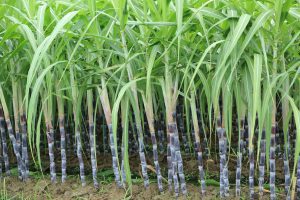
Sugarcane (Saccharum officinarum) has a rich history of traditional use and potential health benefits. Sugarcane (Saccharum officinarum) isn’t just a sweet treat; it’s a powerhouse of health benefits. Rich in antioxidants, this tropical grass offers refreshing sugarcane juice that hydrates and energizes. Its anti-inflammatory properties and essential nutrients make it a go-to remedy for various ailments. From soothing sore throats to aiding weight management, sugarcane has a long history of traditional use. In this article, we’ll delve into the healing properties of sugarcane and explore how this humble plant can enhance your well-being
Health benefits of Saccharum officinarum
Saccharum officinarum, commonly known as sugarcane, has both traditional and potential health benefits. Let’s explore them:
- Antioxidant Properties: Sugarcane is rich in antioxidants, which help counteract infections and enhance immunity.
- Anti-Inflammatory and Anti-Allergic Effects: Flavonoid-rich sugarcane juice has anti-inflammatory, anti-allergic, and antiviral properties, supporting the body’s defense against various ailments
- Cooling Effects: Sugarcane is known for its cooling properties, making it a refreshing choice during hot weather.
- Hydration: High in electrolytes like calcium, magnesium, and iron, sugarcane juice helps combat dehydration.
- Energy Boost: While cane sugar (derived from sugarcane) provides calories without many nutrients, consuming it in moderation can still be part of a healthy diet. Your body processes cane sugar into glucose, a quick source of energy.
Remember to enjoy sugarcane in moderation, and consider other natural sources of nutrients as well!
The Chemical Properties of Sugarcane (Saccharum officinarum)
The chemical properties of Sugarcane (Saccharum officinarum).
- Composition of Sugarcane:
- A fully mature cane stalk typically contains:
- Fiber: Around 11–16%
- Soluble Sugars: 12–16%
- Nonsugar Carbohydrates: 2–3%
- Water Content: 63–73%.
- The nutritional composition of sugarcane juice per 100g includes:
- Calories: 62 kcal
- Sugars: 16.5 g
- Proteins: 0.6 g
- Fats: 0.1 g
- Fiber: 3.1 g
- Calcium: 8 mg
- Iron: 1.4 mg
- Thiamine: 0.02 mg
- Riboflavin: 0.01 mg
- Niacin: 0.10 mg
- Vitamin C: 3 mg.
- A fully mature cane stalk typically contains:
- Medicinal Properties:
- Sugarcane is used in syrups and medicinal preparations due to its preservative properties.
- Traditionally, it is attributed with antiseptic, bactericidal, diuretic, laxative, stomach, cardiotonic, and refreshing effects.
- It’s indicated for colds, coughs, diarrhoea, gastroenteritis, fever, sore throat, and even used during childbirth in some cultures.
- Topically, it’s applied for boils and bedsores.
- Policosanols:
- Sugarcane leaves contain policosanols, waxy substances that protect the plant from dehydration.
- Policosanols, especially octacosanol, have gained interest for their potential to lower LDL cholesterol without side effects
How to use the Sugarcane (Saccharum officinarum) plant as herbal medicine
Let’s explore how you can incorporate it into your herbal practices:
- Sugarcane Juice:
- Nutrient-Packed Drink: Fresh sugarcane juice is a popular beverage in many cultures. It’s rich in vitamins (A, B1, B2, B3, B5, B6, C, and E), potassium, phosphorus, magnesium, calcium, and iron.
- Cooling Effects: Due to its cooling properties, sugarcane juice is refreshing during hot weather.
- Low Glycemic Index: It’s suitable for individuals with diabetes because of its low glycemic index.
- Natural Diuretic: Helps maintain hydration and supports kidney function.
- Weight Management: Some compounds in sugarcane juice may speed up metabolism, aiding weight management, especially during pregnancy.
- Antiseptic Properties:
- Sugarcane has antiseptic effects, making it useful for wound care and skin health.
- Jaundice Remedy:
- Sugarcane juice, high in iron and potassium, is a natural remedy for jaundice.
- Other Uses:
- Sugarcane is processed to make brown sugar, jaggery, syrup, and molasses.
- It can be combined with other juices (like lime or ginger) for added flavor and benefits
Safety and side effects of Sugarcane (Saccharum officinarum)

Sugarcane (Saccharum officinarum) has a generally high safety profile, but it’s essential to be aware of potential side effects:
- Skin Use (Cosmetics):
- Ingredients derived from sugarcane, such as Saccharum Officinarum Extract, are commonly used in cosmetics as skin-conditioning agents
- Adverse reactions are rare, but if you have extremely sensitive skin or known allergies to plant extracts, use it with caution. Discontinue if irritation occurs.
- Insomnia and Upset Stomach:
- Policosanol in sugarcane can cause insomnia, upset stomach, dizziness, and headaches if consumed excessively.
- It may also affect cholesterol levels and cause blood thinning.
- Pregnancy Precaution:
- Fresh sugarcane has known teratogenic effects, so its consumption during pregnancy is not recommended.
Remember to enjoy sugarcane in moderation and consult a healthcare professional if needed!
External links
Health benefits of sugar cane
Chemical properties of sugarcane
How to use sugar cane as medicine
others
Saccharum Officinarum Extract: What Is It, Skin Benefits & Side Effects


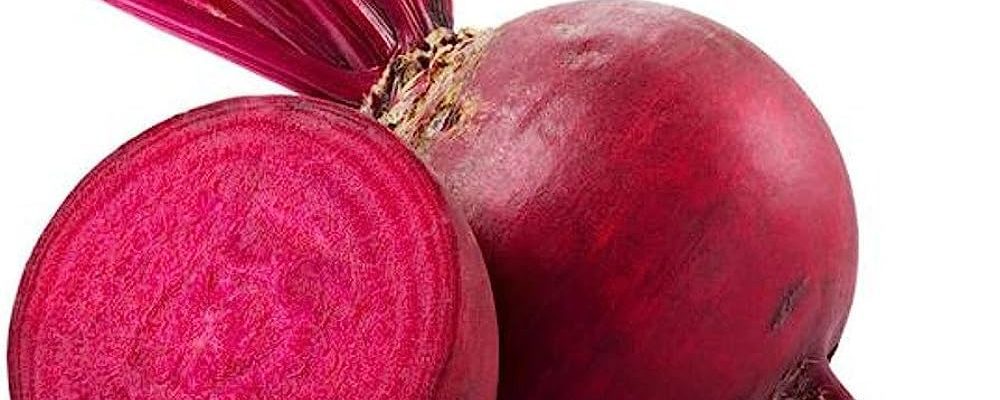
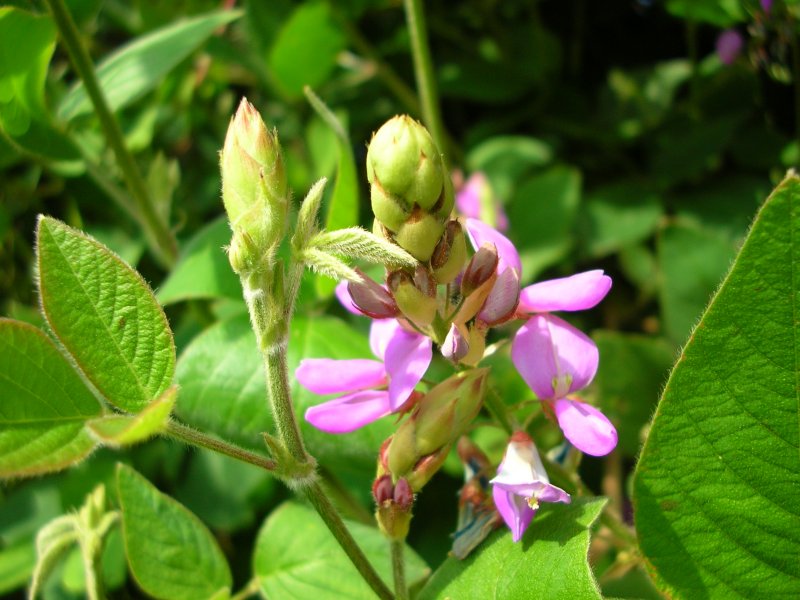
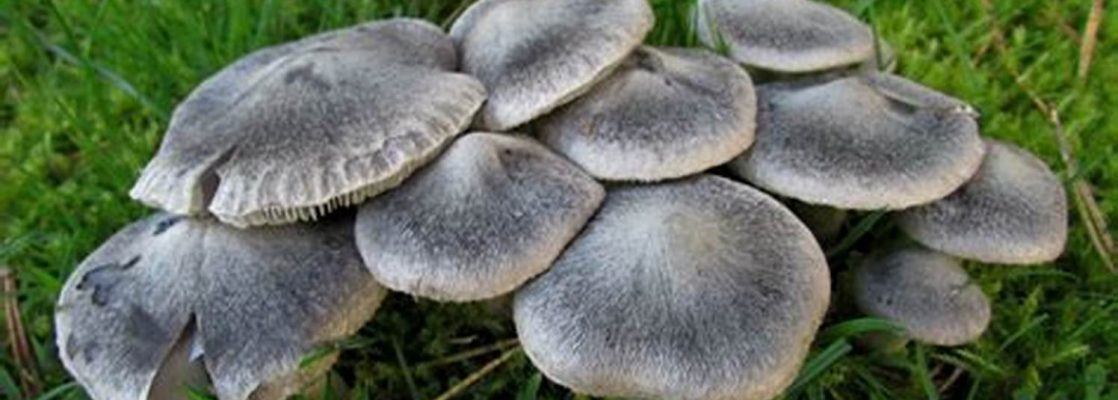

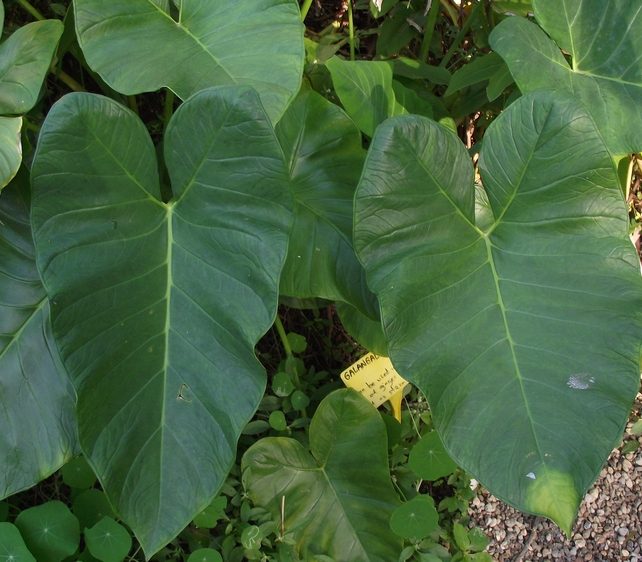
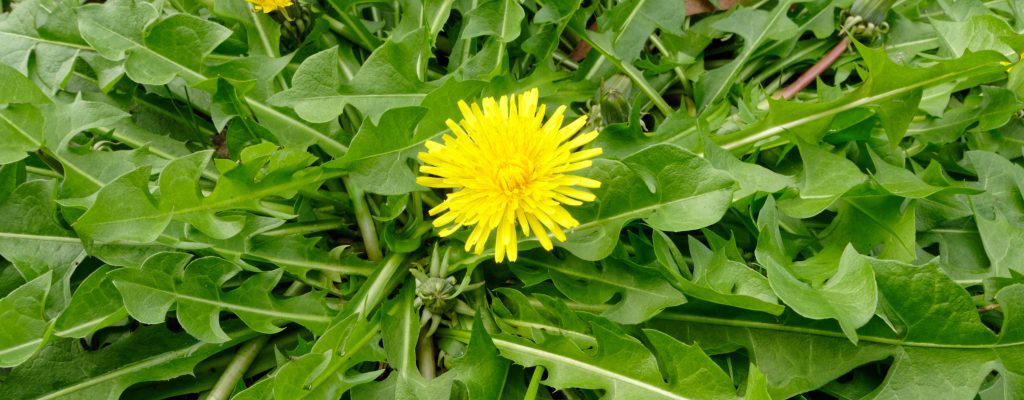

Review Sugarcane (Saccharum officinarum).
You must be logged in to post a review.